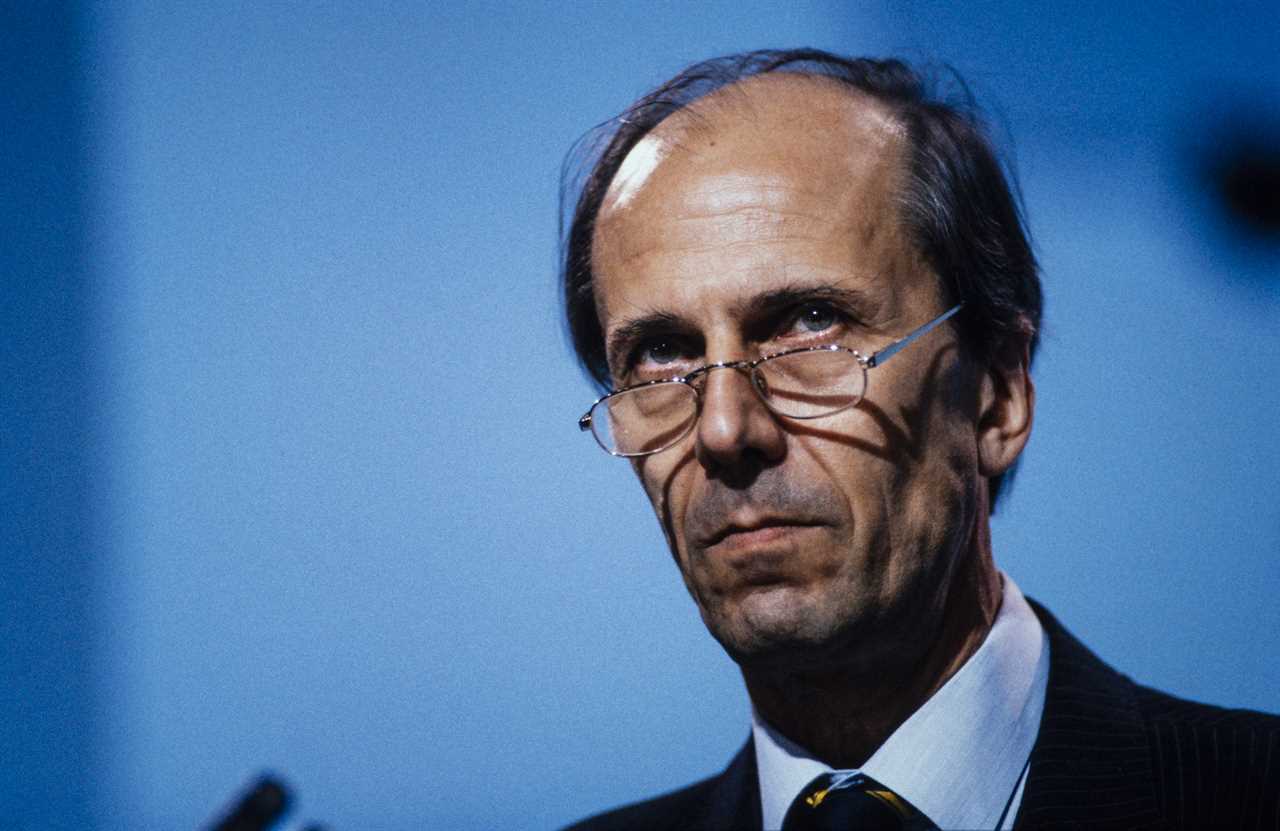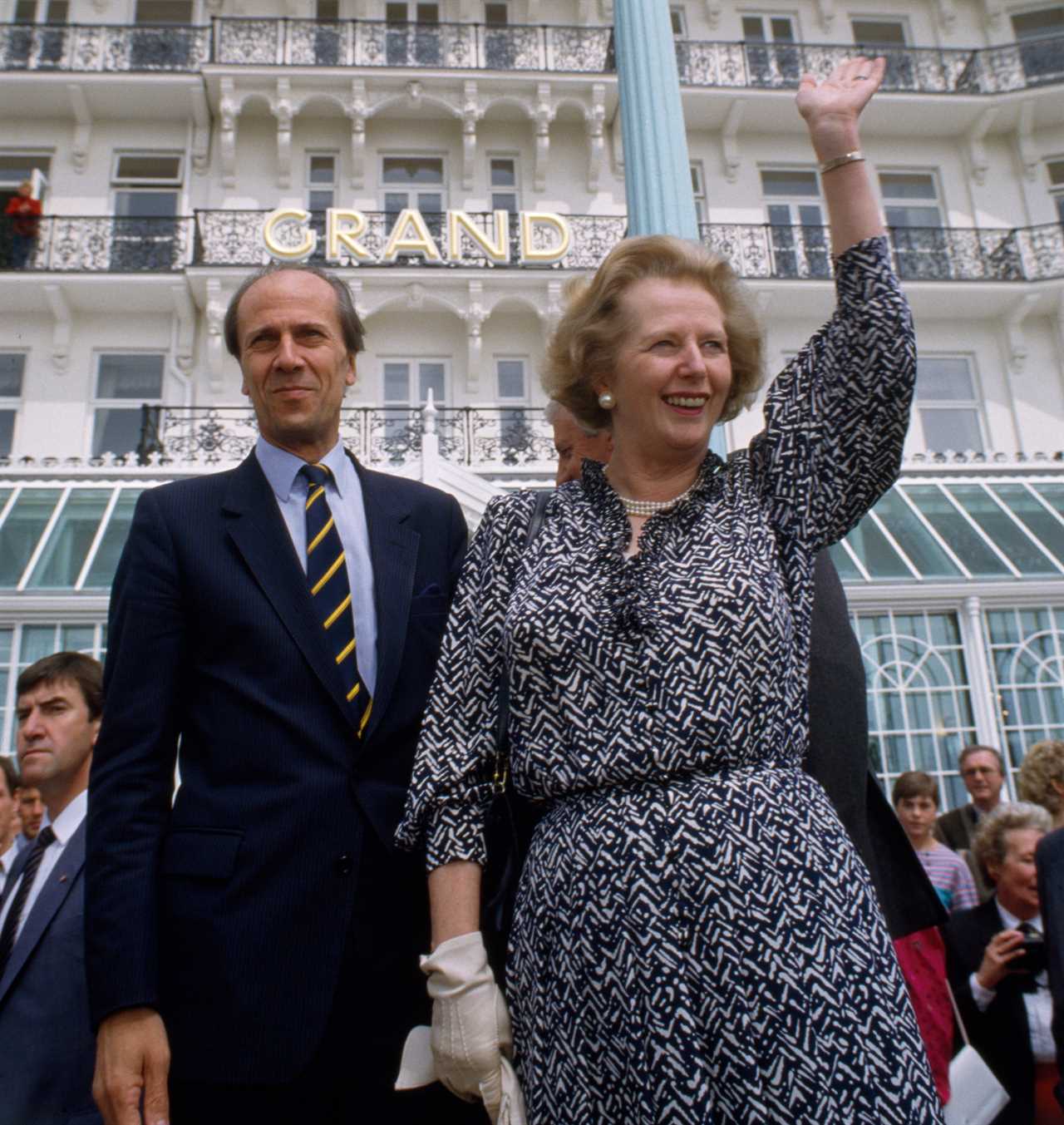
In reflecting on the life of Norman Tebbit, we are confronted with a complex figure whose impact on British politics reverberates to this day. A staunch Thatcherite, Tebbit's legacy encompasses a pivotal era of economic transformation, union battles, and Eurosceptic fervour. His story is not one-dimensional; it intertwines with the struggles of the working class, the challenges of governance, and the evolution of political ideologies.
Unravelling Thatcherism: A Decade of Transformation
Norman Tebbit's role in the Thatcher government was marked by fierce confrontations with trade unions, a commitment to privatisation, and a staunch defence of British sovereignty against European integration. His tenure as Employment Secretary in the 1980s symbolised a period of sweeping change, where economic policies reshaped the country and ignited fierce debates over the role of the state versus the individual.
The Union Battles: Power Shifts and Ideological Clashes
At the heart of Tebbit's legacy lies the dismantling of union power and the contentious relationship with left-wing movements. His confrontations with union leaders like Arthur Scargill exemplified the broader struggle for control and influence in British society. Tebbit's stance as an "enemy of the people" to Marxist influences underscores the deep ideological fault lines that defined the era.
Euroscepticism and National Identity: Tebbit's Lasting Influence
As a vocal opponent of European integration, Tebbit's Euroscepticism anticipated contemporary debates over the UK's relationship with the EU. His legacy, intertwined with Nigel Farage's Reform Party, continues to shape discussions on sovereignty, immigration, and the balance of power between national and supranational institutions.

Legacy and Complexity: Tebbit's Enduring Impact
Norman Tebbit's life story encapsulates the intricate tapestry of British politics, societal change, and personal tragedy. From the heights of political power to the depths of personal loss, his journey reflects the complexities of leadership, ideology, and the enduring quest for a better society. As we navigate the legacy of figures like Tebbit, we are reminded of the intricate interplay between politics, ideology, and the human experience.






